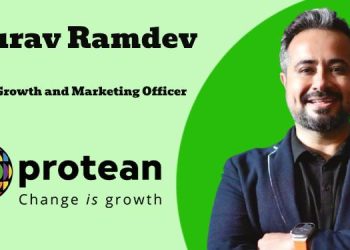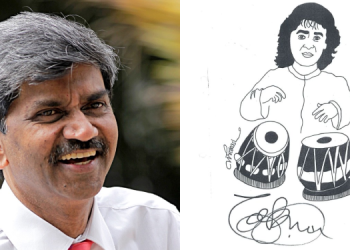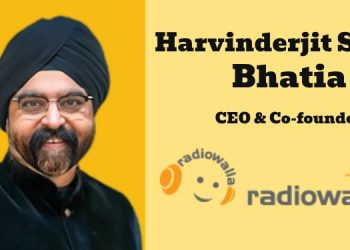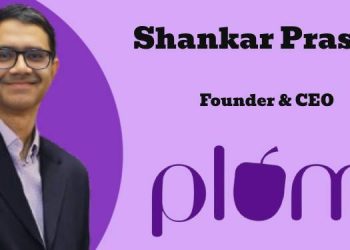The Coronavirus pandemic will change the world forever. Many people will look back and see this as a time when their lives changed interminably. People will work and travel in a different way. Their daily routines and ways of socialising will change, including what they eat and how they communicate with their families. New habits will begin to form and the birth of the “New Normal” will take shape.
In this major transformation, pursuing hobbies will be a new normal, and so will be engaging with the family, being healthy, seeing empty roads, binge-watching web-series and might I say, the list goes on.
The impact will cut across age groups. The restless and now-confined early teenagers will expectedly become even more rebellious. Their emotional quotient – under the detention of this new captive normal, will further resist adult guidance – as simple as it maybe, followed up with aggressive denial. A slight indication to repetition and it will be enough to engender conflicts and quarrels leading to compromised relationships, thereon!
Those in their early thirties would demand more work-flexibility, backed by their proof of “productivity and trust” – prominently exhibited in such trying times. This, in-turn, could pose fresh challenges to corporates, business houses and even the Government – enforcing them to relook at and introduce change within their current policies.
Finding one’s own space will become far more crucial than earning money. It will grow into a key focus area for many who will now consider these cultural factors before joining any new company. Governing styles and reporting lines will be a passé. Also, quality of work will be the chief norm for measuring performance.
For those beyond their thirties and above, creating a safety blanket for themselves and their families will become priority. This will cause an upsurge in high-return investments, in insurance policies and in medical insurances. They will demand better infrastructure and benefits from the organisation besides regular salaries; travel to work will become a key decision factor in choosing a job; and flexible working hours may become the new norm.
Marketers will now pounce on every possible medium paving the path for long-term and superior personalised interactions and experiences. Emotions such as fear/loss/anxiety disorder could very well become the ground force for Marketing Communications in the initial few months, soon after the crisis is over.
Technology along with the internet industry will witness a boom. Pharma companies will revisit their diagnostic techniques and drive in more efforts in science for early detection. E-Commerce will thrive. In fact, it will be regarded more trustworthy now. Digital media should also start attracting a larger pie of marketing budgets.
The challenge will eventually accustom ourselves to this new normal. Once the curfew is up, there is expected to be a mass exodus of commercial emotions to maximize consumer sentiments.Returning to the old routine may not be easily accepted leading to alterations in socio-economic setups. A small symptom of any ailment will be enough to petrify us and bring back the safety guards.
Currently, we may be enjoying this newness. But it will also test our mental boundaries. As we progress into the days of uncertainty – hoping and anticipating a cure, the only inspiration that will stay with us for now is that ‘this too shall pass’ – imagining ourselves as the survivors of this global pandemic and narrating stories of the ‘what and how’ of it in the future.
Authored by Sunil Seth, Head HR Business Partner – South Asia, Dentsu Aegis Network

















